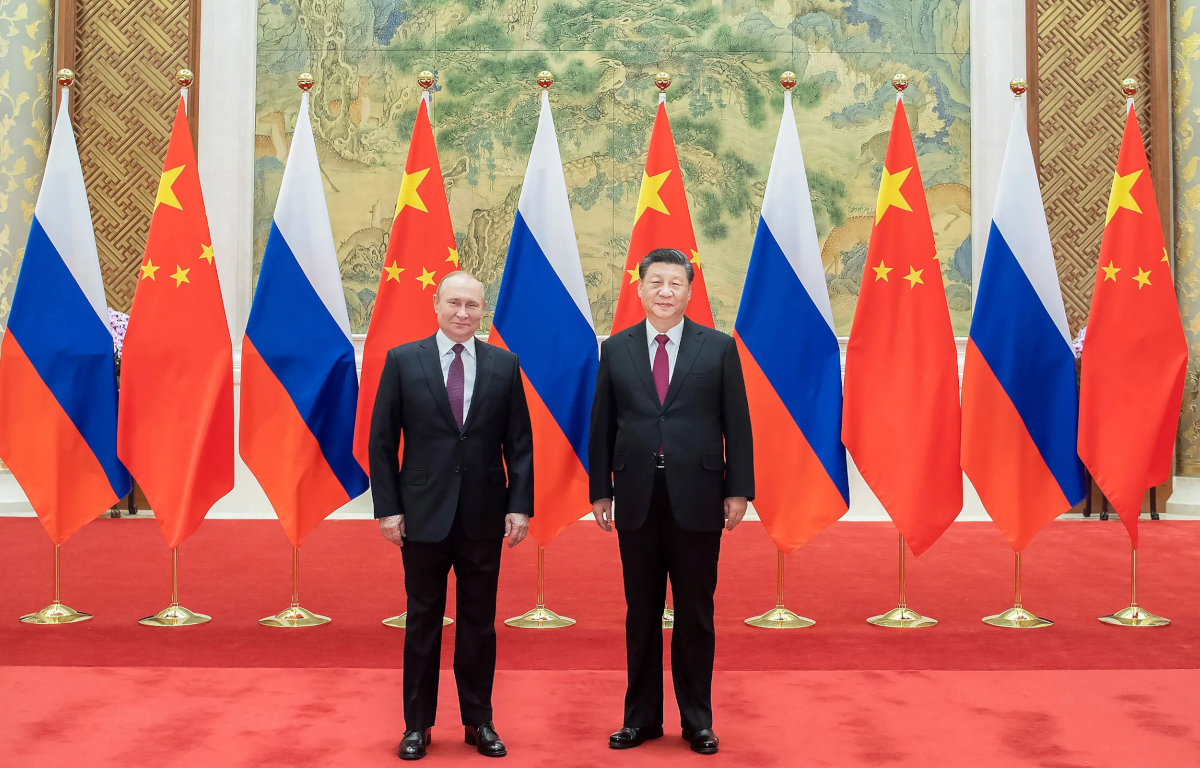
This move highlights growing concerns about China’s technological advancements and their potential implications for strategic competition and security in the realm of AI and advanced semiconductor technologies.
The companies targeted by the US export blacklist are known for their contributions to China’s military modernization efforts, particularly in the development of AI chips designed for military applications. AI-powered technologies have increasingly become crucial in various military domains, including surveillance, autonomous systems, and cybersecurity, making them a focal point of competition among major powers.
China’s rapid progress in AI and semiconductor technologies has raised concerns among US policymakers and defense analysts, who view these advancements as potential threats to US national security and technological leadership. The addition of Chinese firms to the export blacklist reflects the US government’s determination to prevent the transfer of sensitive technologies that could enhance China’s military capabilities.
The export blacklist imposes restrictions on US companies’ ability to sell certain products or technologies to designated entities. In this case, the focus is on preventing the export of AI chips and related technologies that could be used for military purposes. The move underscores the strategic importance of AI and semiconductor technologies in modern warfare and the broader geopolitical competition between the US and China.
China has invested heavily in AI research and development, with the Chinese government and private companies actively promoting AI innovation across various sectors. However, concerns have been raised about the potential dual-use nature of AI technologies, where advancements in civilian applications could also benefit military capabilities.
The US export blacklist is part of a broader strategy aimed at protecting critical technologies, including AI, advanced semiconductors, and emerging technologies with national security implications. It reflects the growing recognition of the strategic significance of technological innovation and the need to safeguard sensitive technologies from adversaries.
The inclusion of Chinese firms involved in military AI chip development on the export blacklist is likely to have ripple effects across the global technology supply chain. It may lead to increased scrutiny of technology transfers and collaborations involving these firms, as well as prompt discussions about export control policies and international cooperation on technology governance.










Share this: